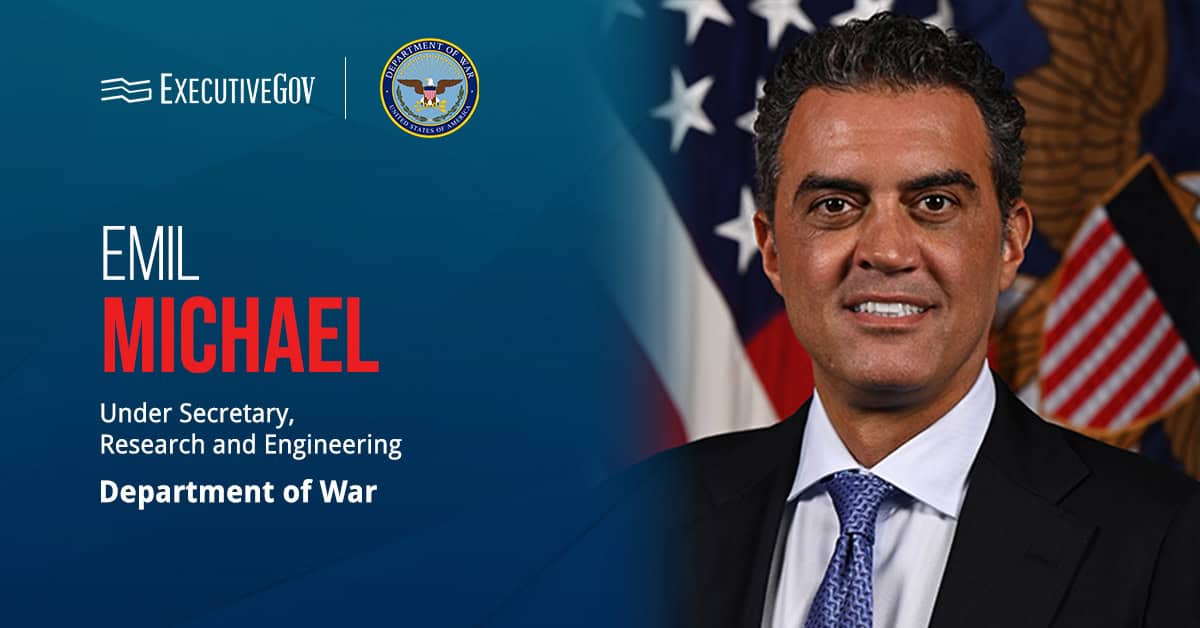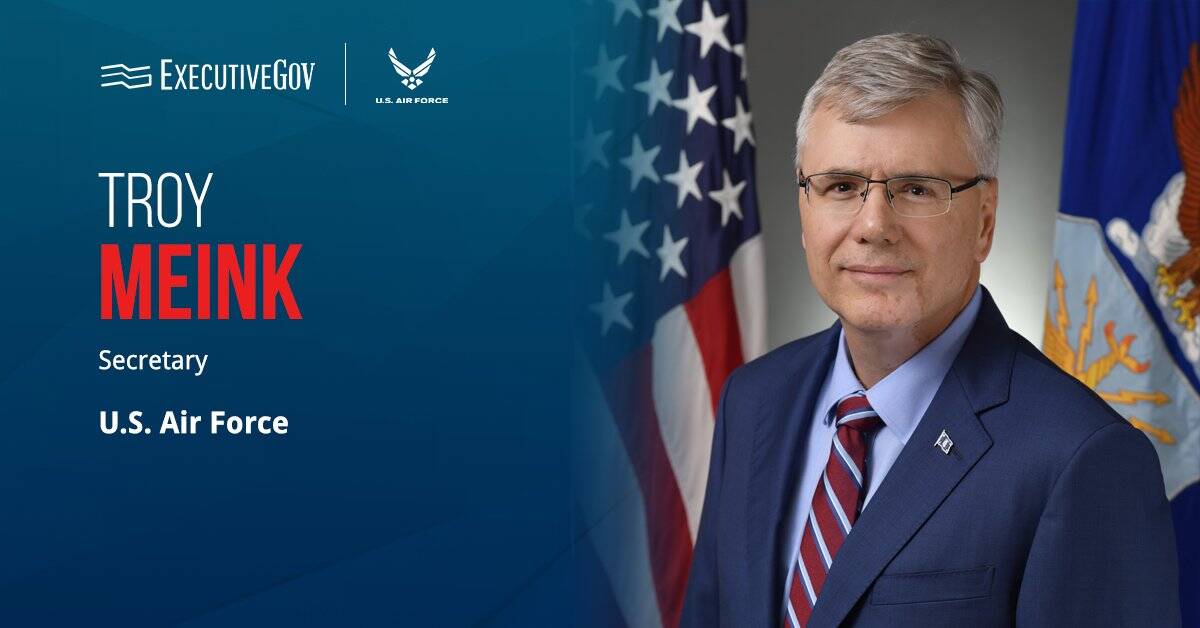Gen. Glen VanHerck, who leads U.S. Northern Command (USNORTHCOM) and North American Aerospace Defense Command (NORAD), said the U.S. must capitalize on domain awareness and information dominance to deal with Russian and Chinese threats.
He spoke at the Space and Missile Defense Symposium to discuss potential kinetic and non-kinetic approaches the U.S. can implement to defend against adversaries.
VanHerck said Russia's nuclear weapons are not designed for warfare in Europe, but rather to threaten the U.S. He also said he expects China to have the same level of kinetic force over the next decade, and that Iran and North Korea may have threatening capabilities in the future.
“We need the ability to collaborate globally, across all domains in near real-time, or in real-time to present options to our nation's leaders,” he said about a global response to these potential threats.





